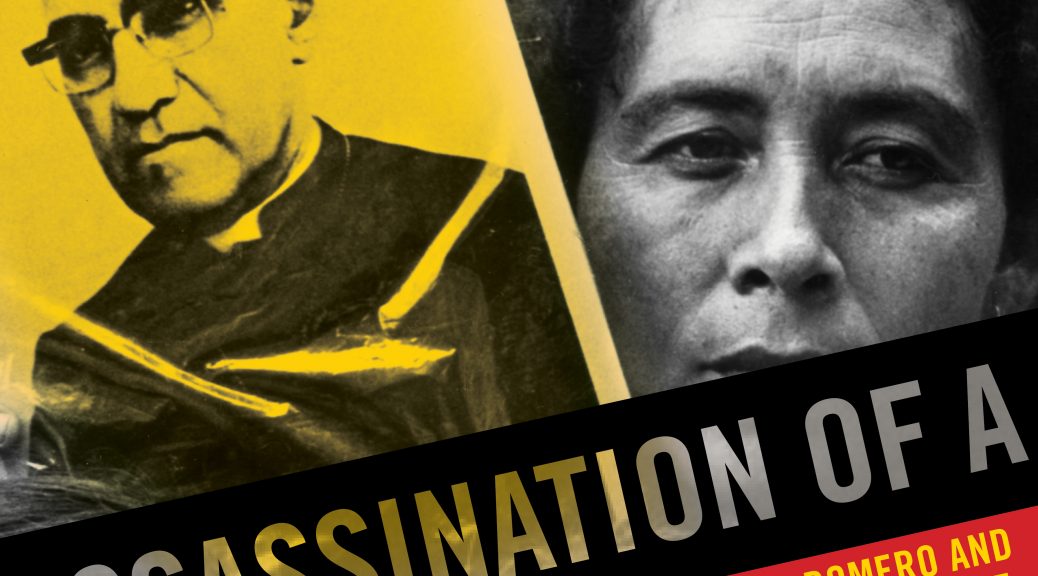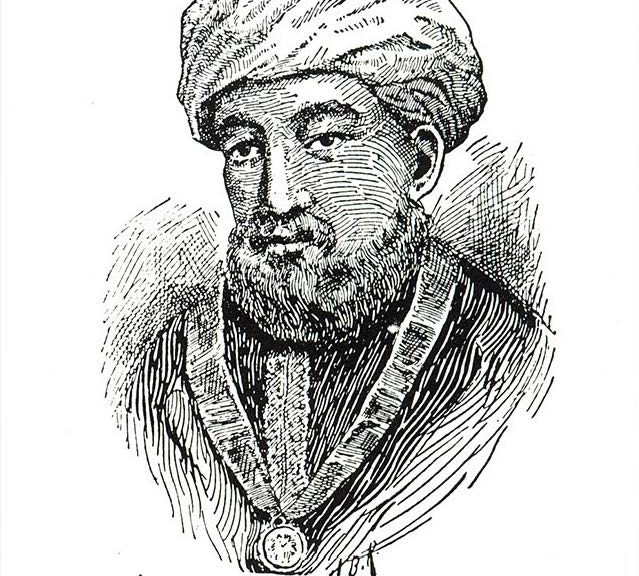Date: Wednesday, September 16, 2020
Time: 4:00 p.m.
Online via Zoom: Registration required to receive Zoom link
Contact: Kelly Wooten, kelly.wooten@duke.edu or Laura Micham, laura.m@duke.edu
Please join the Sallie Bingham Center for Women’s History and Culture for a panel discussion grounded in the history of Southerners on New Ground (SONG) that will explore how activist archives inform intersectional struggles for social justice. Mandy Carter (SONG co-founder), Wesley Hogan (historian), Lisa Levenstein (historian), and Mab Segrest (SONG co-founder) will reflect on the importance and contemporary relevance of SONG’s organizing in the 1990s and beyond.
Wesley Hogan’s On the Freedom Side and Lisa Levenstein’s They Didn’t See Us Coming both incorporate research using the SONG Records and the papers of two SONG co-founders, Mandy Carter and Mab Segrest, from the Rubenstein Library.
Co-sponsored by the Duke Program in Gender, Sexuality, and Feminist Studies and the Center for Documentary Studies.


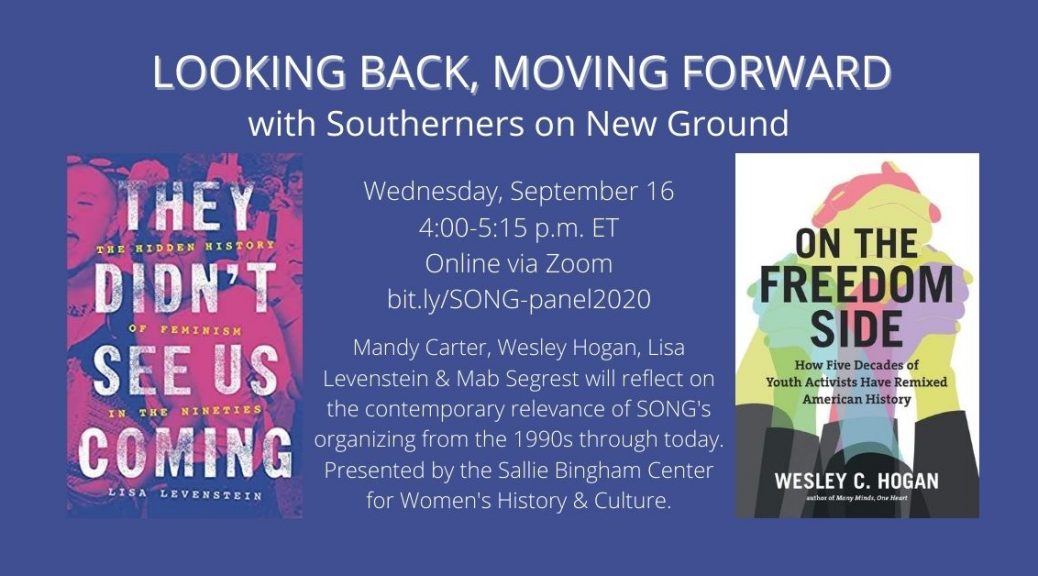





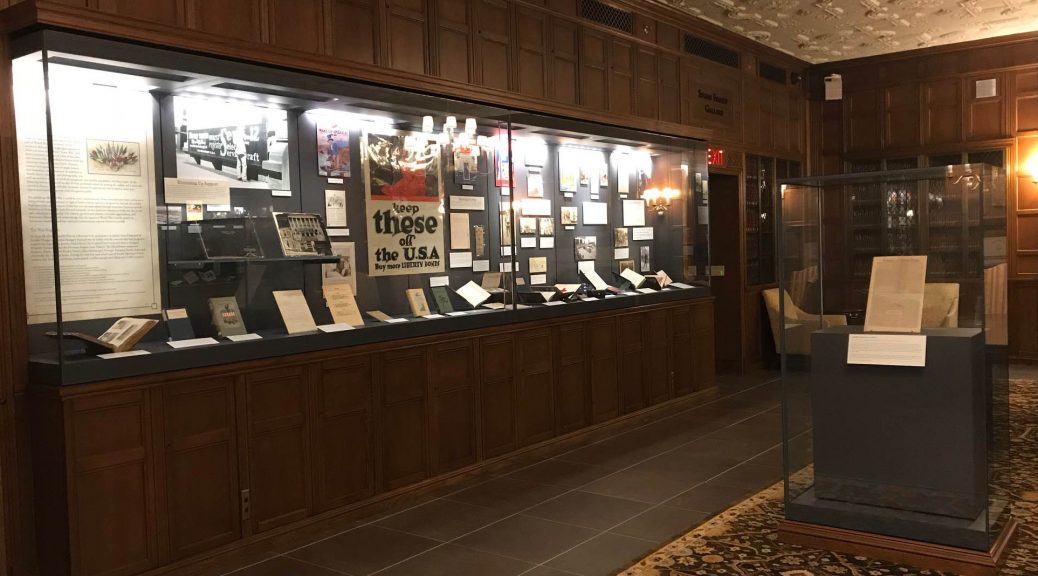

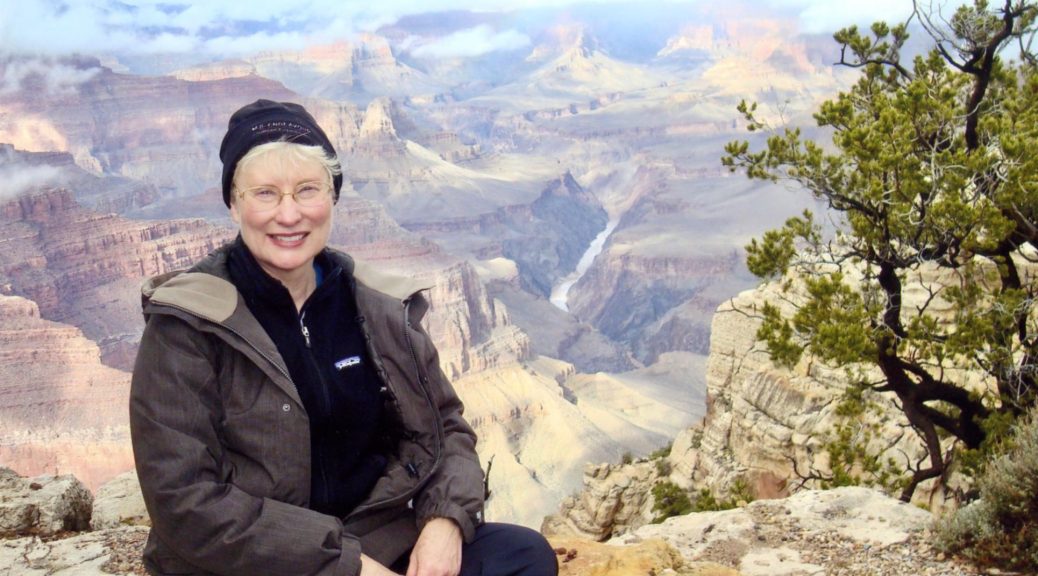
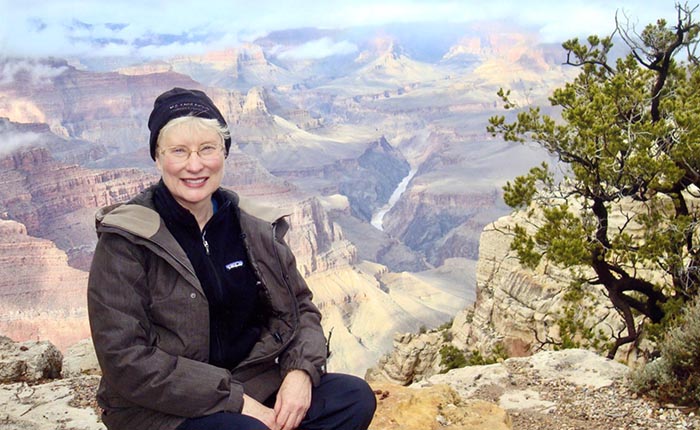

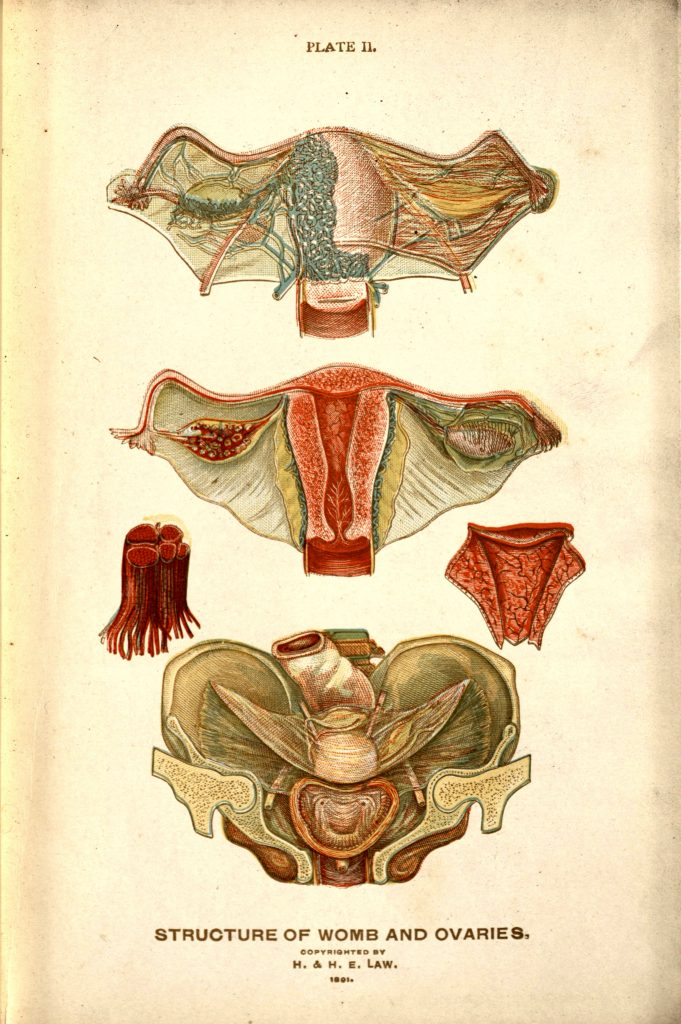
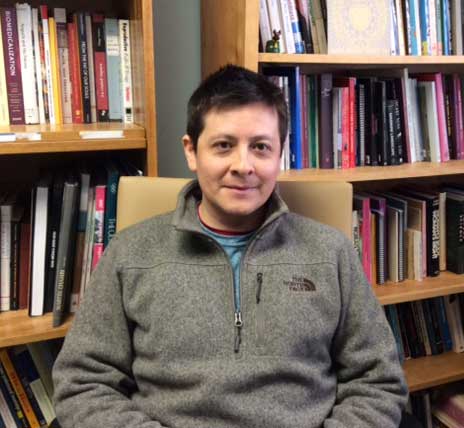 Please join us Monday, April 30th at noon for our next Trent History of Medicine Lecture Series. Raul Necochea, Ph.D., will present Contraception Crossroads: Health Workers Encounter Family Planning in Mid-20th Century Latin America.
Please join us Monday, April 30th at noon for our next Trent History of Medicine Lecture Series. Raul Necochea, Ph.D., will present Contraception Crossroads: Health Workers Encounter Family Planning in Mid-20th Century Latin America.